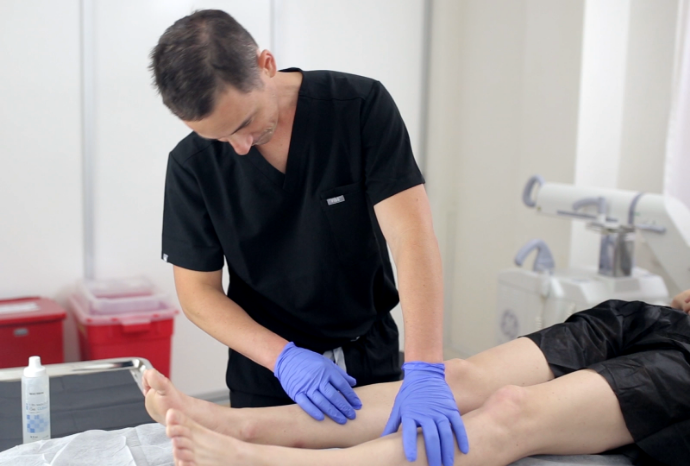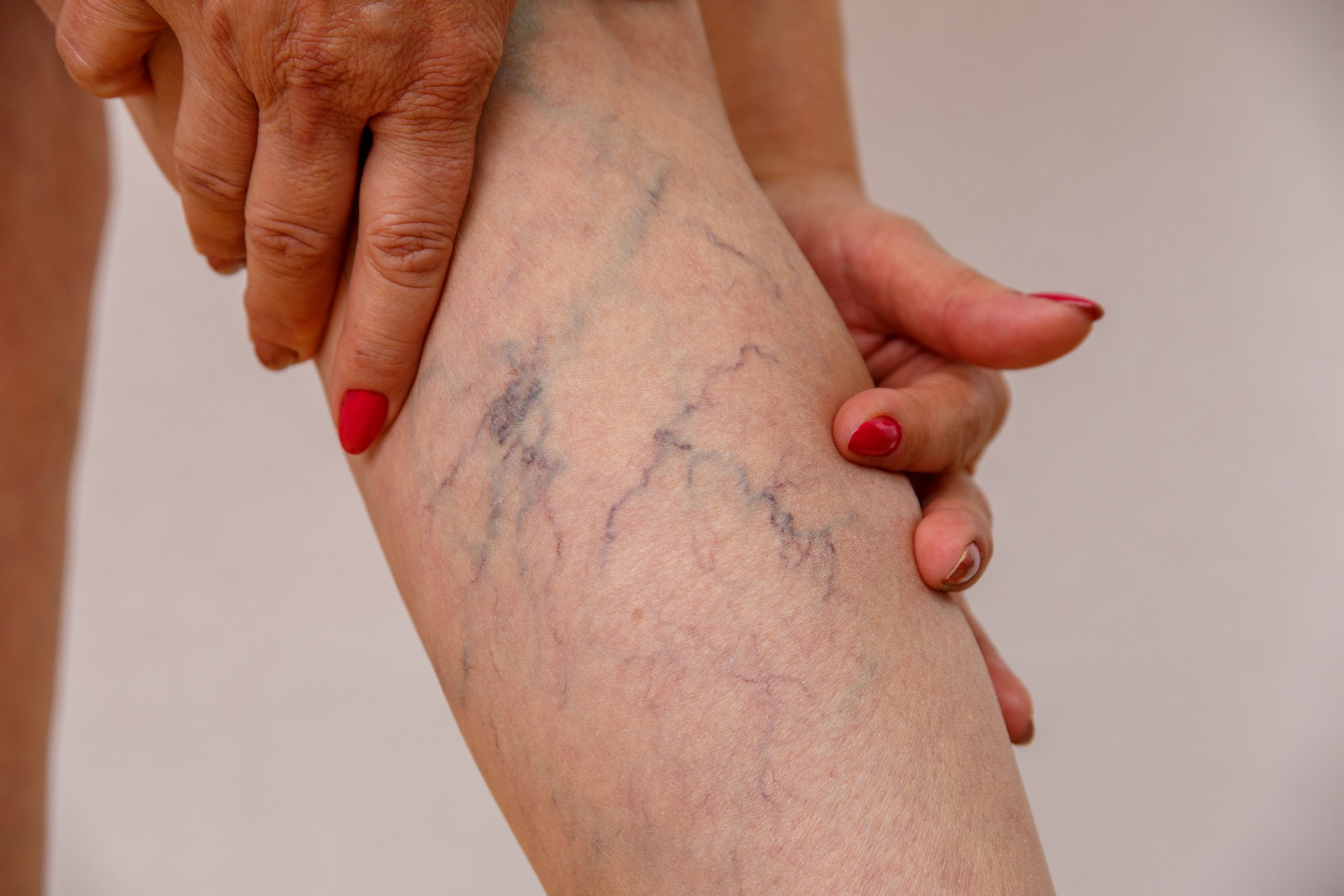What Is the Latest Treatment for Varicose Veins?
Varicose veins are more than a cosmetic issue. These bulging, twisted veins can cause discomfort, swelling, and even lead to serious circulatory problems if left untreated. While traditional treatments like vein stripping and compression stockings have been around for decades, modern medicine has ushered in a new era of minimally invasive and highly effective solutions.
If you're searching for answers and real results, consulting a vein treatment specialist can make all the difference. But what is the latest treatment for varicose veins, and why is seeing a specialist so important? Let’s explore.
Why You Should See a Vein Treatment Specialist
Before diving into the latest treatments, it's essential to understand the role of a vein treatment specialist. These are medical professionals—often vascular surgeons or interventional radiologists—who focus exclusively on diagnosing and treating vein disorders.

Their specialized knowledge allows them to:
- Accurately diagnose the root cause of varicose veins using ultrasound and other imaging tools.
- Customize treatment plans based on the severity and location of your vein issues.
- Offer cutting-edge, minimally invasive treatments with faster recovery times.
Seeing a general practitioner may lead to basic recommendations like lifestyle changes or compression stockings. While helpful, these solutions don't always address the underlying venous insufficiency. That’s where a specialist’s expertise truly counts.
What Is the Latest Treatment for Varicose Veins in 2025?
Medical advancements have transformed how we treat varicose veins. Today, patients can access safe, effective, and mostly non-surgical procedures. The most advanced treatments offered by a vein treatment specialist in 2025 include:
1. Endovenous Laser Therapy (EVLT)
EVLT uses laser energy to seal off damaged veins from the inside. A specialist inserts a thin laser fiber into the affected vein under ultrasound guidance. The heat closes the vein, and blood is rerouted to healthy vessels.
Benefits:
- Performed in under an hour
- Minimal pain and downtime
- No scarring
EVLT has become a go-to procedure among vein treatment specialists because of its high success rate and low risk of complications.
2. Radiofrequency Ablation (RFA)
RFA works similarly to EVLT but uses radiofrequency energy instead of a laser. The catheter delivers heat to the vein wall, causing it to collapse and close. It’s another preferred option for larger varicose veins.
Why Choose RFA?
- Proven effectiveness
- Performed under local anesthesia
- Quick recovery—most people return to normal activity the next day
A vein treatment specialist will help you choose between EVLT and RFA depending on the anatomy of your veins and the severity of the disease.
3. VenaSeal Closure System
This innovative procedure involves using a medical-grade adhesive to close the diseased vein. Unlike thermal methods, VenaSeal doesn't require tumescent anesthesia or post-procedure compression stockings.
Key Advantages:
- No heat or irritation
- Less bruising and discomfort
- Ideal for patients who want minimal post-op care
VenaSeal is FDA-approved and widely available at clinics led by certified vein treatment specialists.
4. ClariVein and Other Mechanochemical Ablation Systems
ClariVein combines two treatment mechanisms—mechanical agitation and chemical sclerosant delivery—into one device. It’s excellent for patients who cannot tolerate heat-based procedures.
Highlights:
- Virtually painless
- No need for multiple needle sticks
- Reduced risk of nerve damage
This method requires the skill of a highly trained vein treatment specialist, as the device must be precisely guided through the affected veins.
5. Foam Sclerotherapy (Ultrasound-Guided)
Foam sclerotherapy uses a special foam solution to irritate and close small varicose veins and spider veins. It's often used in conjunction with other treatments or for touch-ups after major vein procedures.
Advantages:
- Non-surgical
- No downtime
- Can be performed in a short office visit
When performed by a vein treatment specialist, sclerotherapy is extremely safe and effective.

The Importance of Early Diagnosis and Treatment
If you’re dealing with symptoms like aching legs, swelling, or visible varicose veins, don’t wait for the condition to worsen. A consultation with a vein treatment specialist can lead to early intervention and better long-term outcomes.
Modern vein treatments are:
- Minimally invasive
- Covered by most insurance plans when medically necessary
- Customizable based on individual needs
By catching venous issues early, you can avoid complications like leg ulcers, blood clots, or chronic venous insufficiency.
Conclusion:
So, what is the latest treatment for varicose veins? The answer isn’t just one procedure—it’s a full spectrum of advanced, minimally invasive options tailored to your needs by a qualified vein treatment specialist. Whether you opt for laser therapy, VenaSeal, or sclerotherapy, the key to successful treatment lies in expert care.
Don’t let varicose veins limit your lifestyle. Consult a vein treatment specialist and explore the cutting-edge solutions that 2025 has to offer.
Comments
Post a Comment